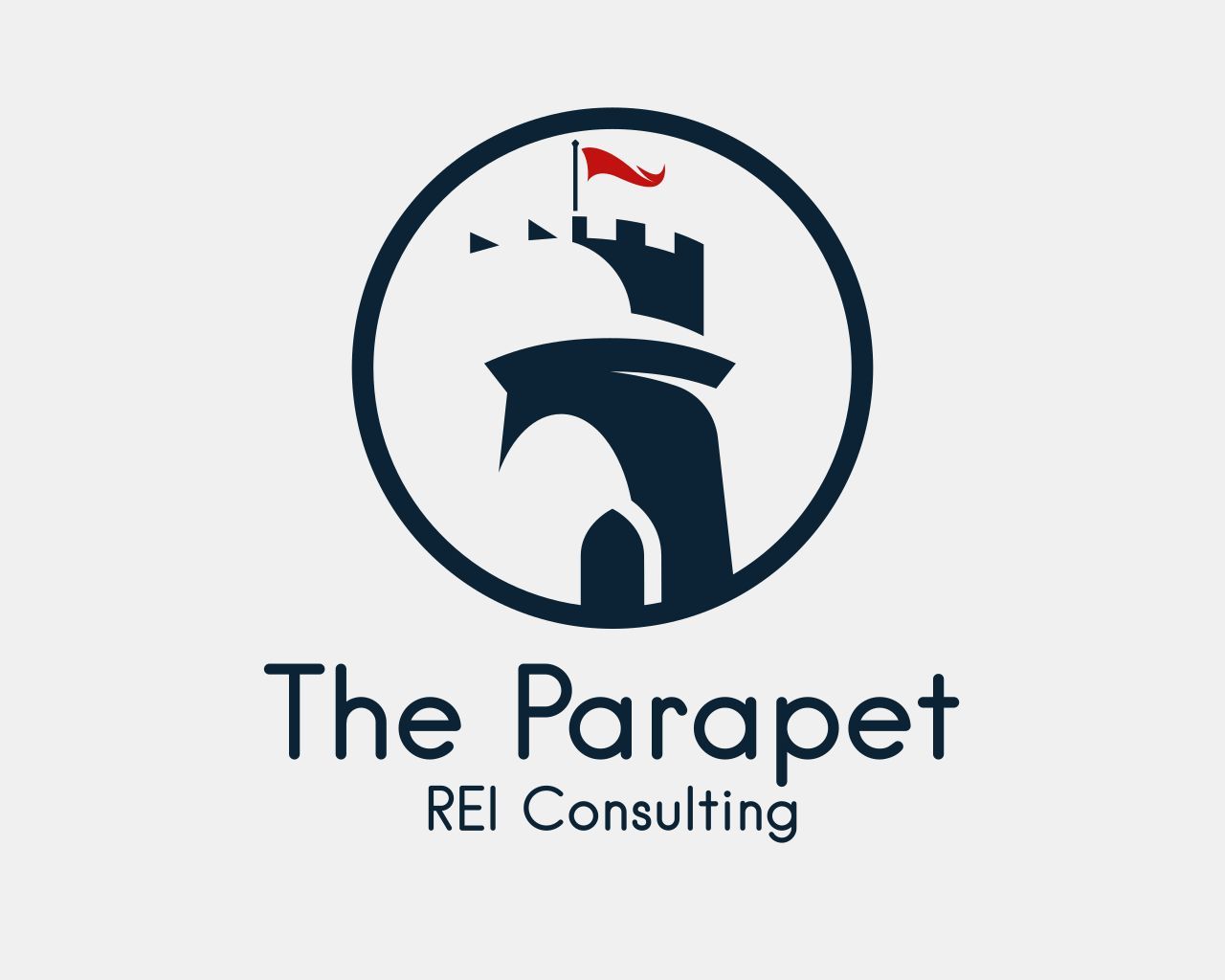Probate is the Hell You Put Your Survivors Through!

Probate is the legal process by which a deceased person's assets and estate are distributed according to their will or, in the absence of a will, according to the laws of intestacy. It involves validating the will, identifying and inventorying the deceased person's assets, paying off any outstanding debts and taxes, and distributing the remaining assets to the beneficiaries. While probate serves an important purpose in ensuring an orderly transfer of assets, it can be a burdensome and time-consuming process for the survivors.
One of the primary reasons why probate can be a hassle to survivors is the time it takes to complete. The probate process typically involves several stages and can last anywhere from several months to a few years, depending on the complexity of the estate and any disputes that may arise. During this time, the assets of the deceased person are effectively frozen, which can cause financial strain for your wife and children who may be relying on those assets for their daily needs.
Another factor that contributes to the hassle of probate is the cost involved. Probate proceedings can be expensive, with fees associated with filing court documents, hiring attorneys, appraisers, and other professionals. These expenses can quickly add up, eroding the value of the estate and reducing the inheritance that the beneficiaries ultimately receive.
In addition to the financial costs, probate can also be emotionally draining for the survivors. The process often requires them to relive the loss of their loved one as they navigate the legal complexities of probate. Disputes among family members or other interested parties can further exacerbate the emotional toll, leading to strained relationships and prolonged legal battles.
If that wasn’t enough, probate is a public process. Court documents related to probate are generally a matter of public record, which means that anyone can access information about the deceased person's assets, debts, and beneficiaries. This lack of privacy can be a concern for many families who prefer to keep their financial affairs confidential.
The probate process can be complicated, especially for those who are unfamiliar with legal procedures. Executors or personal representatives responsible for managing the estate must comply with various legal requirements, such as filing necessary paperwork, notifying creditors, and resolving any outstanding claims against the estate. Navigating these complex procedures without professional guidance can be overwhelming and prone to errors, which can lead to further delays and complications.
To mitigate the hassles of probate, many individuals choose to employ estate planning strategies aimed at avoiding or minimizing probate. Some common techniques include creating a land trust trust, designating beneficiaries. By employing these methods, individuals can ensure that their assets pass directly to their intended beneficiaries outside of the probate process.
In conclusion, probate is the legal process through which a deceased person's assets are distributed. While it serves an essential purpose, it can be a significant hassle for survivors due to its time-consuming nature, financial costs, emotional toll, lack of privacy, and complexity. By understanding the probate process and engaging in proper estate planning, individuals can potentially alleviate the burdens associated with probate and provide a smoother transition for their loved ones after their passing.
Probate Is The Hell You Put Your Survivors Through!
The Parapet Blog




